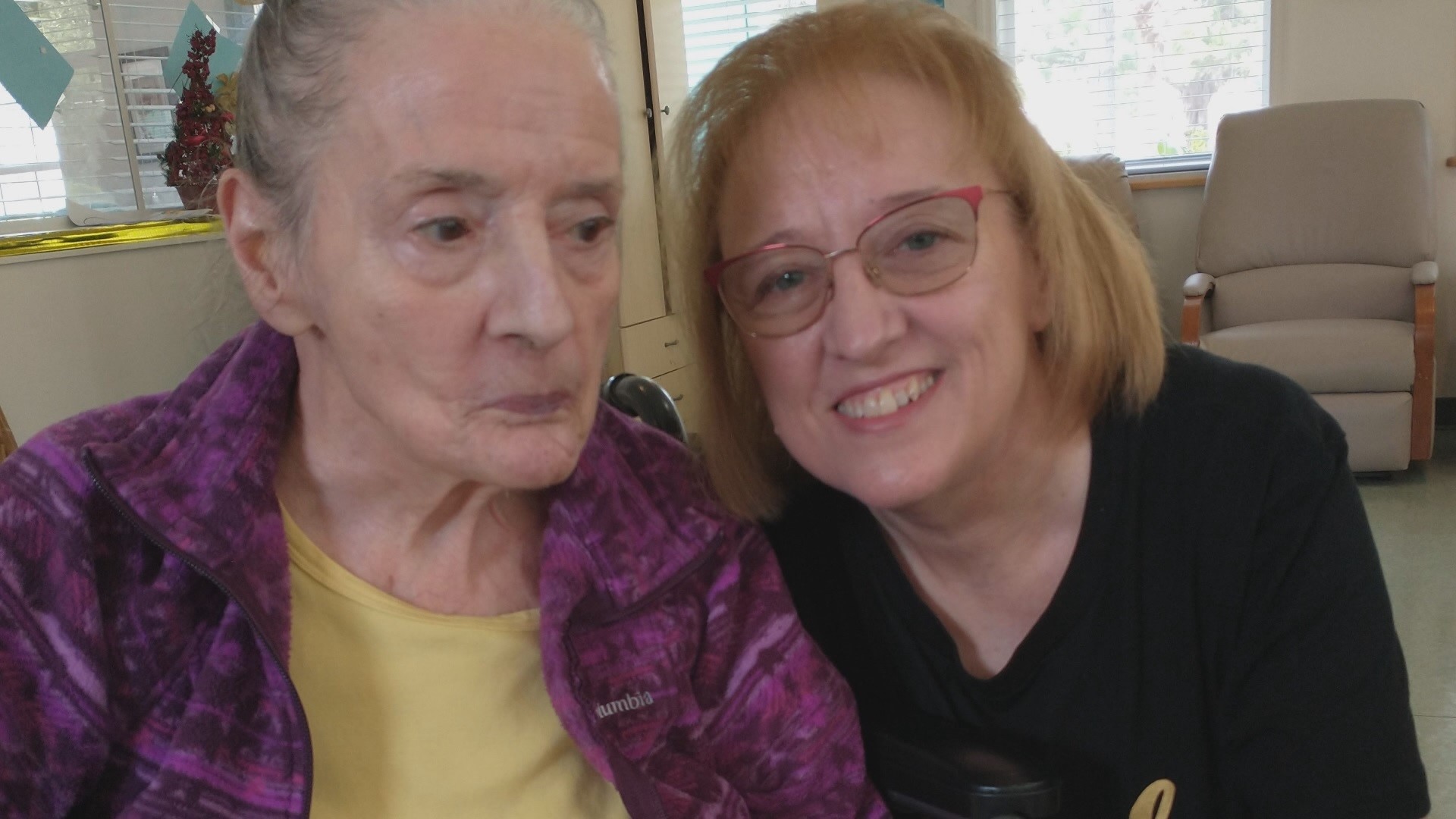CORVALLIS, Ore. — There's some encouraging news coming out of Oregon State University for people with diseases like Alzheimer's, Lou Gehrig's and Parkinson's. The research is 10 years in the making, according to professor Maria Franco.
Franco is part of a team of OSU researchers who discovered a new class of potential drug targets, "drugs that specifically target the toxicity of a protein of a molecule inside of the cells but not the normal activity of the cells," Franco said.
Franco said the new drugs have minimal side effects and would help improve the lives for people with these diseases. "We hope that it will help stop the disease or delay the disease or make conditions for the patients better," Franco said.
RELATED: Jaydon Grant, son of former Blazer Brian Grant, helping kids whose parents are battling Parkinson's
The findings could help Lori Weiss's mom, who's now in her 80s and has lived with Alzheimer's disease for the past 20 years.
"She can't feed herself," Weiss said. "She can't even chew anymore, she has to take everything through a straw. She does not even respond when you talk to her."
About three years ago, Weiss was diagnosed with mild cognitive impairment. Doctors told her she had about seven years before the full onset of Alzheimer's.
"Right now I'm scrambling," Weiss said. "I'm scrambling to do our financial planning for long-term care and figure out just how things are going to work."
Franco said the new drugs would not be a cure for the diseases but would help with the symptoms. "We are looking at finding drugs that are already FDA approved, which would expedite the process," Franco said.
It's a complicated process, but in simple terms, the researchers look to use the drugs to disrupt certain proteins which allow the neurodegenerative diseases to progress.
"We are looking for that drug," Franco said. "It may take a few more years to get to that place."
Weiss is already involved in research, a drug trial that is meant to slow the progression of her Alzheimer's.
If you have a family member with Alzheimer's disease, the Alzheimer's Association has a 24-hour helpline. The number for that is 800-272-3900. You can also visit the organization's website for more info.

